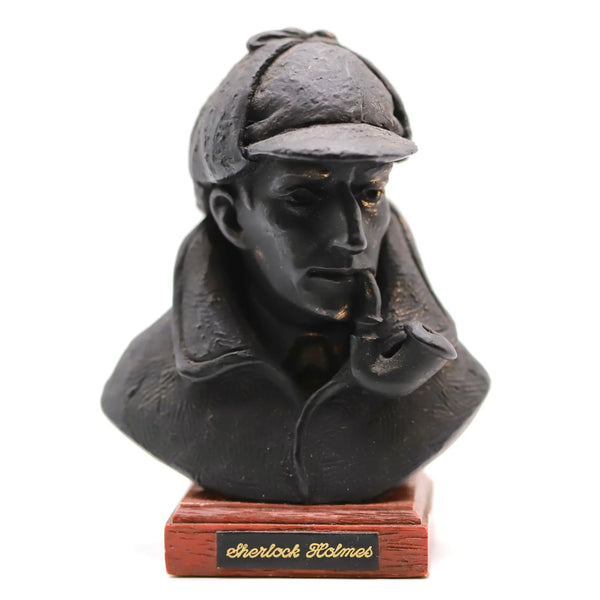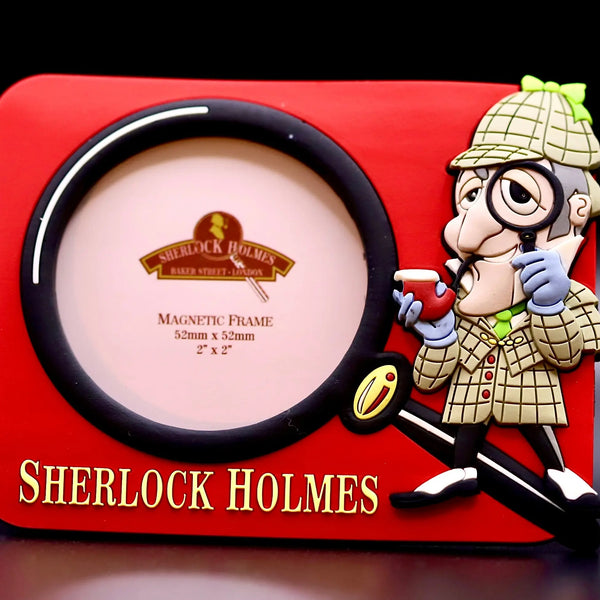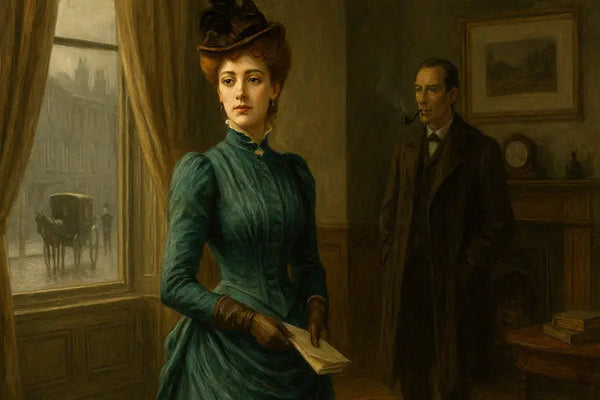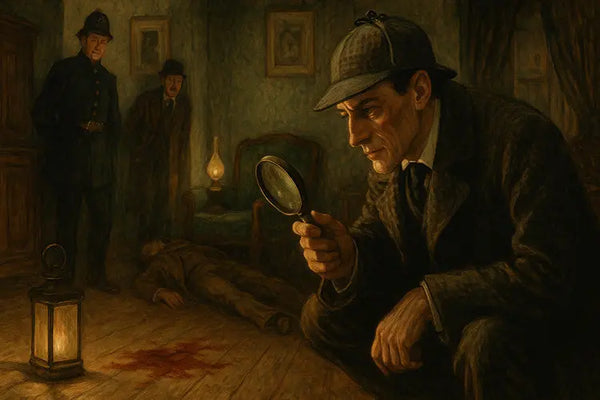Creator of Sherlock Holmes
Introduction
Sir Arthur Conan Doyle (1859–1930) was a Scottish physician and author best known as the creator of Sherlock Holmes and Dr. John Watson. Across four novels and fifty-six short stories, Doyle established Holmes as the world’s most famous fictional detective. Though often frustrated by his creation’s overwhelming popularity, Doyle’s Holmes stories shaped the modern detective genre and remain among the most widely read works in English literature.
Early Life and Education
Arthur Ignatius Conan Doyle was born on 22 May 1859 in Edinburgh, Scotland. He studied medicine at the University of Edinburgh, where he encountered Dr. Joseph Bell, a lecturer whose keen powers of observation would later inspire the deductive methods of Sherlock Holmes. Doyle graduated as a physician in 1881 and worked as a ship’s doctor before establishing a medical practice in Southsea, Portsmouth. While awaiting patients, he began writing fiction.
Creation of Sherlock Holmes
Doyle’s first Holmes story, A Study in Scarlet, was published in 1887. It introduced Holmes and Watson to the reading public and was followed by The Sign of the Four (1890) and two highly successful short story collections in The Adventures of Sherlock Holmes (1892) and The Memoirs of Sherlock Holmes (1893). Seeking to focus on what he considered more serious historical fiction, Doyle attempted to kill Holmes at the Reichenbach Falls in “The Final Problem.” Public outcry eventually forced his hand, leading to Holmes’s resurrection in 1903 with “The Empty House.”
Other Writings
Although best remembered for Holmes, Doyle was a prolific writer. His works include historical novels such as Micah Clarke (1889) and The White Company (1891), science fiction stories featuring Professor Challenger, and numerous plays, poems, and essays. Doyle also wrote extensively on political topics, including his defence of British conduct in the Second Boer War, which earned him a knighthood in 1902.
Spiritualism and Later Life
Following the deaths of his son and brother in the First World War, Doyle became an ardent supporter of spiritualism, lecturing and writing widely on the subject. His later years were dominated by these pursuits, which sometimes damaged his literary reputation. Nevertheless, he continued to enjoy immense public recognition and influence.
Death and Legacy
Conan Doyle died on 7 July 1930 at his home in Crowborough, Sussex. Though he longed to be remembered for his historical novels, his true legacy rests with Sherlock Holmes and Dr. Watson. The Holmes stories shaped detective fiction, introduced enduring tropes of logic and forensic science, and established Doyle as one of the most influential popular writers of the late Victorian and Edwardian eras.
See also: Sherlock Holmes | Dr. John Watson | Professor Moriarty | Reichenbach Falls













































